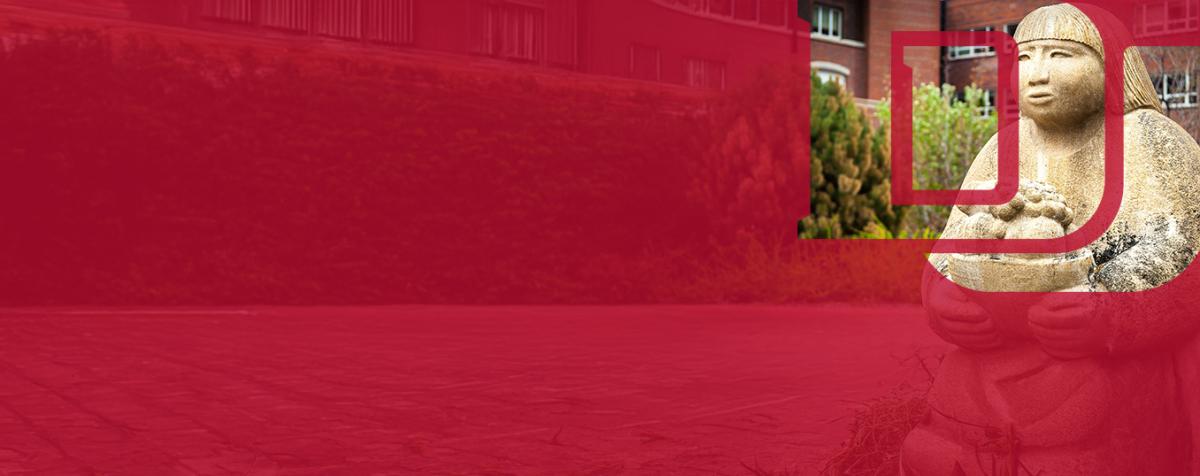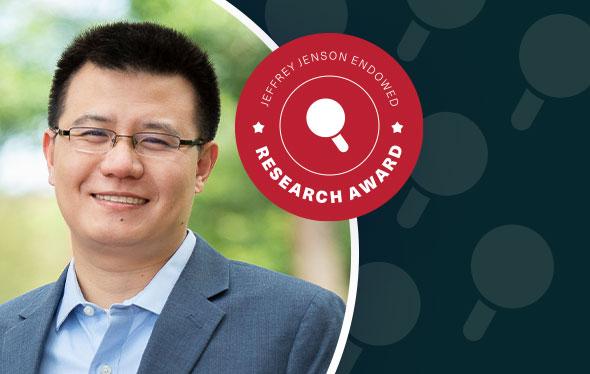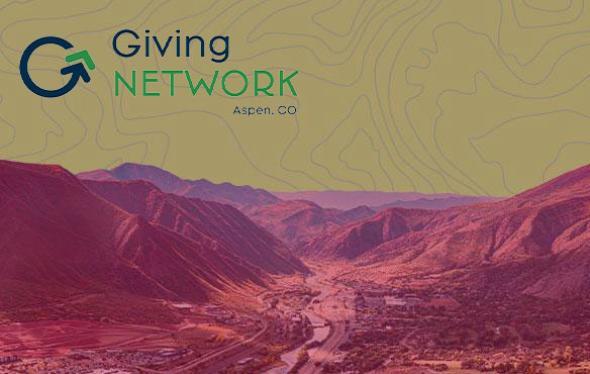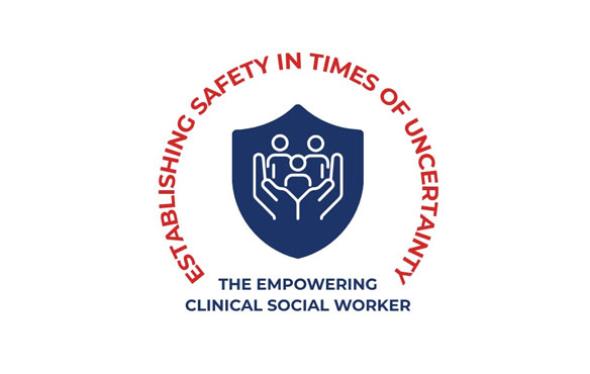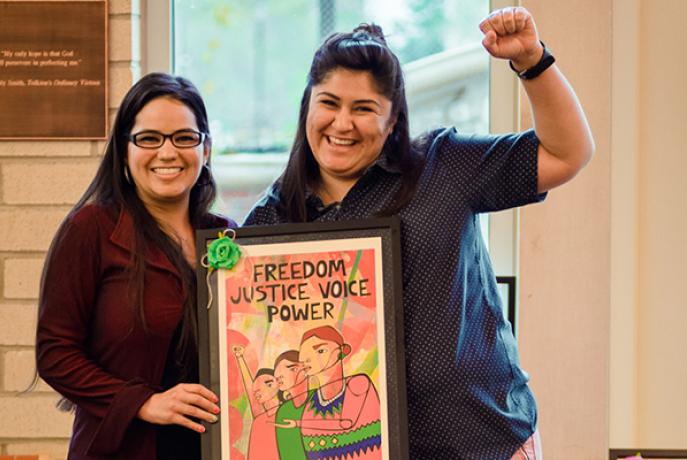Social Justice, Social Work
At the University of Denver Graduate School of Social Work, social justice is more than a buzzword. It is at the heart of everything we do — informing our education, focusing our research, propelling our community partnerships and fueling our commitment to equity.
Looking for a community that shares your passion and your purpose? It’s right here, at GSSW.
A Collaborative Community
Our shared purpose to advance equity brings together some of social work’s brightest faculty, students and partners, who work collaboratively and across disciplines to respond to community needs such as homelessness and health care reform. We celebrate bold approaches to problem-solving and embrace the rich diversity of our extended community.
Programs

On-Campus MSW Programs
Our top-ranked Master of Social Work (MSW) degree is available on three Colorado campuses — Denver, Durango and Glenwood Springs — through our Denver Campus, Four Corners and Western Colorado programs.

MSW@Denver Online MSW
No matter where you live in the U.S., you can access MSW@Denver — a top-ranked, 100-percent online Master of Social Work (MSW) degree program with a Mental Health and Trauma pathway.

PhD Program
The demand for social work research, scholarship and education is greater than ever. With a PhD in social work, you’ll be prepared for an academic career as a social justice scholar, educator or policy expert.
An MSW with Options

750+ field education partners
11 Specialized pathways
6 centers, institutes and laboratories
Power in Partnerships
At the Graduate School of Social Work, we know we’re stronger together. That’s why we’ve committed to being an engaged community partner, working with a broad range of individuals and organizations — locally, nationally and globally — to understand problems, explore possibilities, implement solutions and influence change at individual, organizational and systems levels.
Champions for Social Justice
An Epicenter for Impact
Our faculty members are courageous, creative thinkers who represent a broad range of backgrounds, research interests and practice areas. Their collaborative, cross-disciplinary scholarship is creating knowledge and establishing science-informed, high-impact practice in areas such as addictions and substance use, public policy, youth development, housing and homelessness, child welfare, human-animal connection, and civic and community engagement.
Recent GSSW News
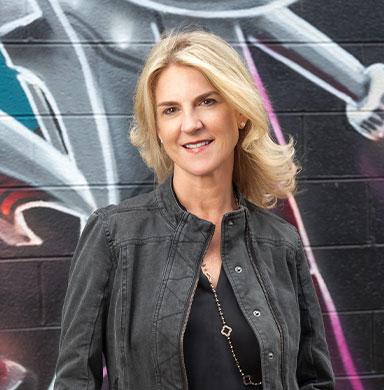
Transforming Youth Mental Health Care
2025 MSW graduate Laura Love is working to transform emergency youth mental health care from traumatic to healing.
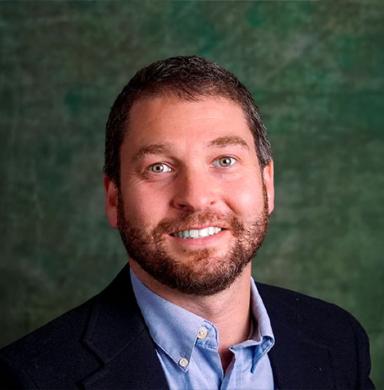
Supporting Addiction Recovery
2025 MSW graduate Todd Herrmann is transforming his personal experience with addiction into a career helping others to recover.
